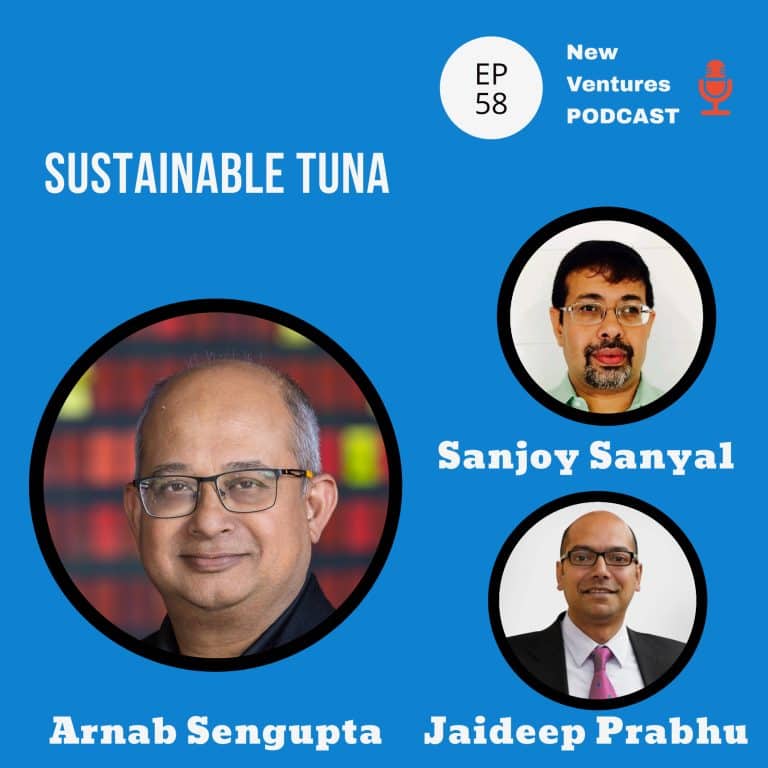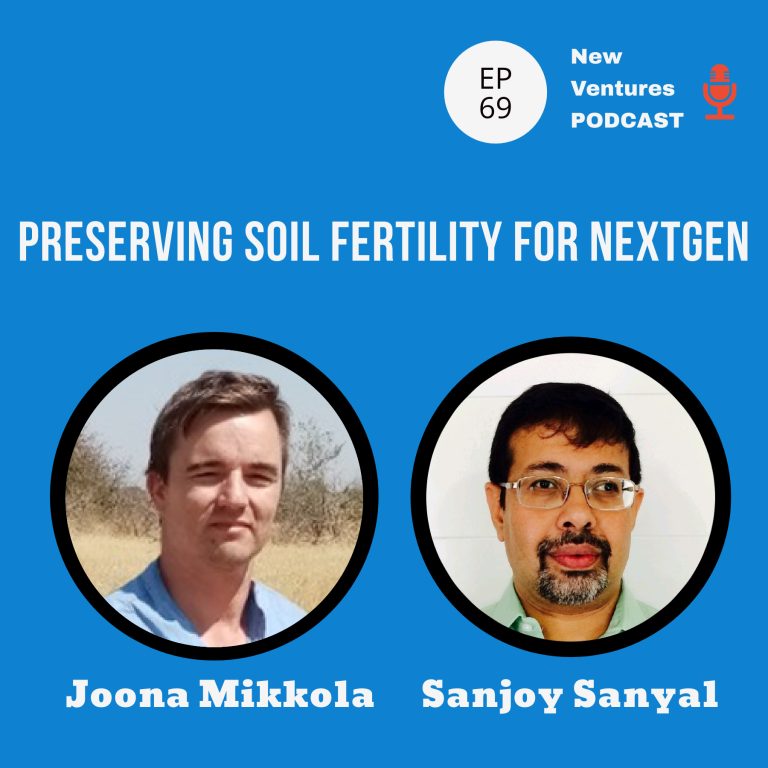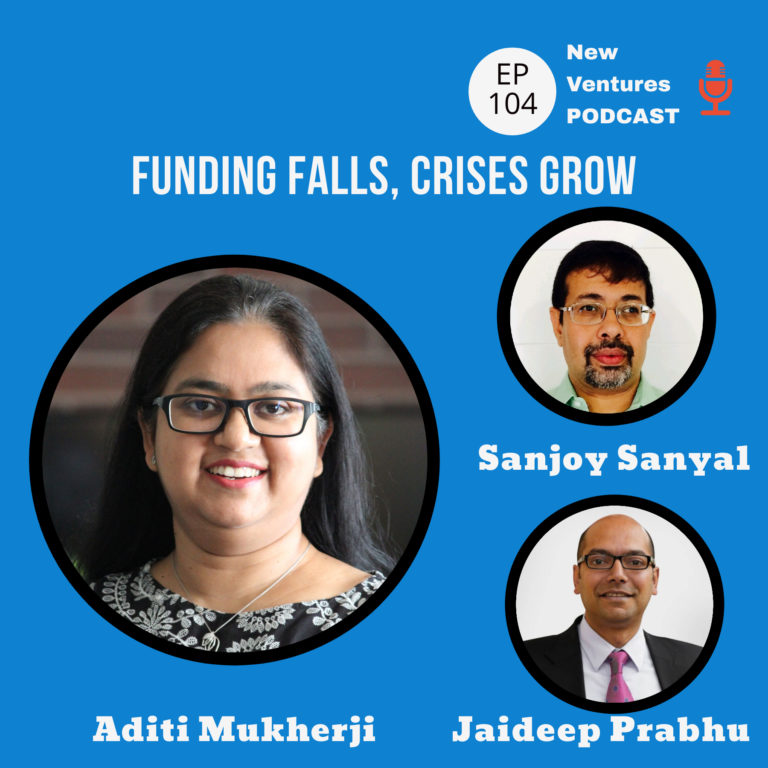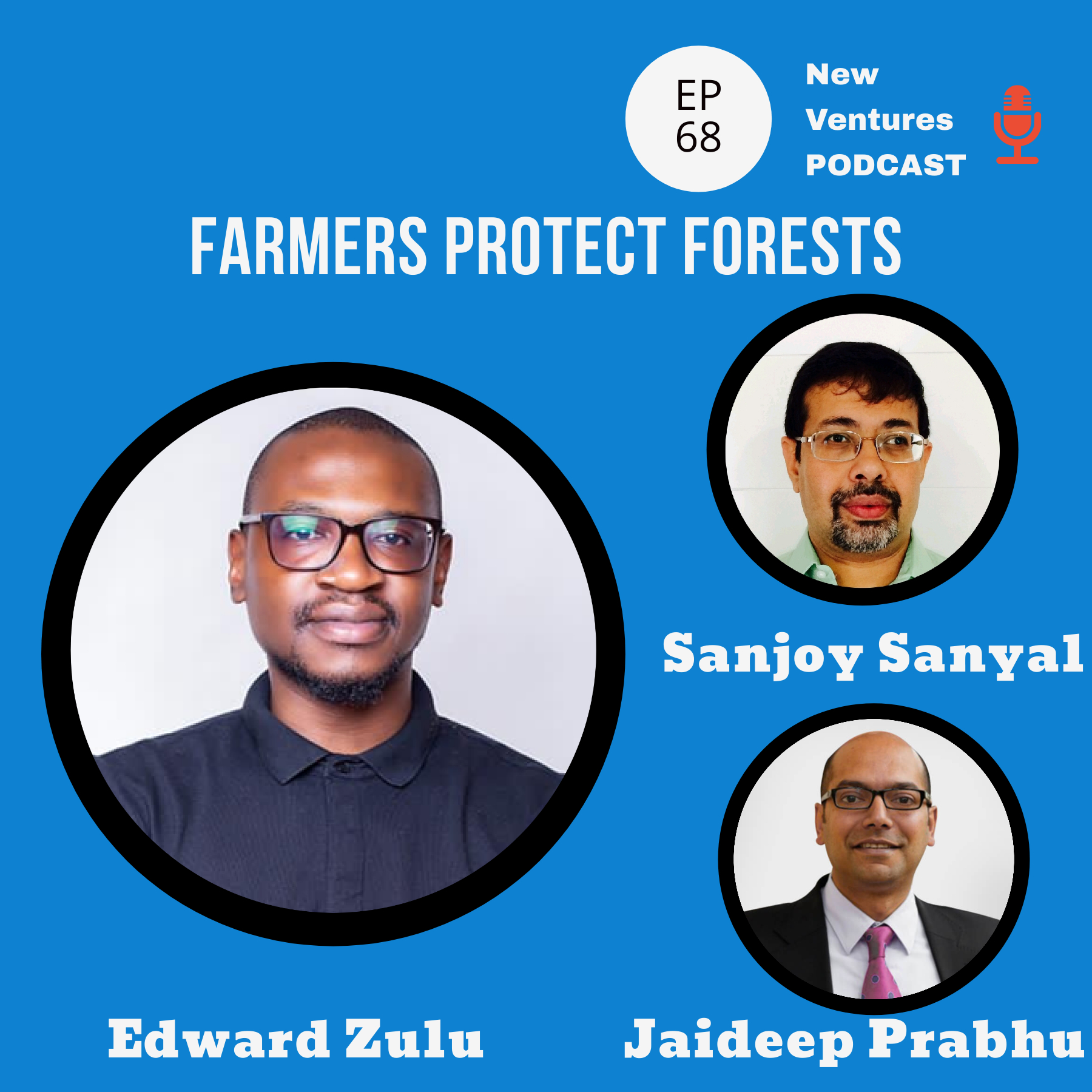
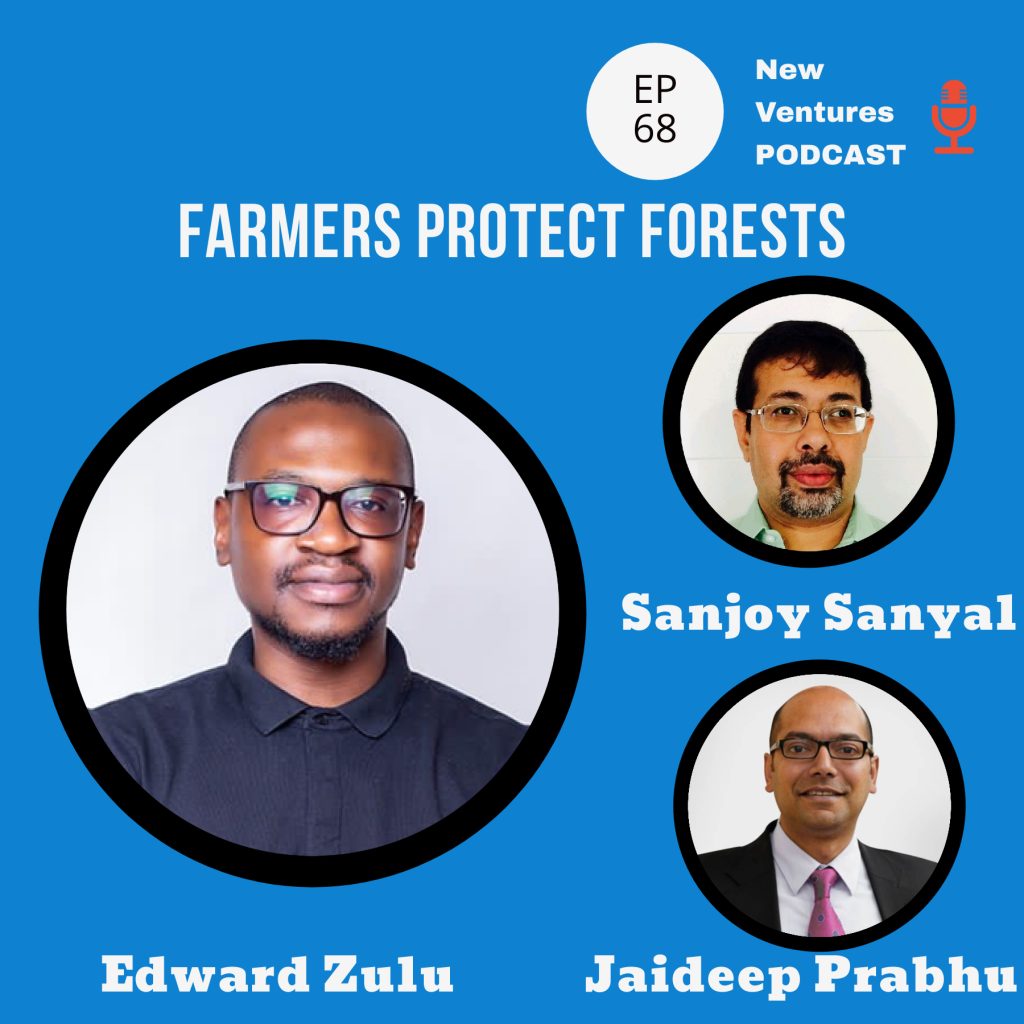
The Luangwa region and the Kafue regions in Zambia hosts some of the finest national parks in the world. Unfortunately, these forests and the wildlife are under threat. An average farming family who lives near these areas cuts down 60 to 70 big trees in a year just to use as firewood for cooking food. Falling soil fertility and a growing population is forcing them to cut down more trees and convert to farmlands. More recurrent droughts and floods, because of climate change is making the situation worse. To protect the forests and the wildlife, Community Markets for Conservation (COMACO), a Zambian NGO is
working with farmers so that they have the right incentives not to destroy the forests and poach the animals.
COMACO helps farmers learn agricultural practices to get more yield of the traditional crops they are already growing such as maize, beans, groundnuts and soya beans. They also introduce them to produce new practices: beekeeping, mushroom farming and caterpillar farming (dried caterpillars fried with tomatoes and onions is a local delicacy to be eaten with maize or cassava flour). They help farmers practice agro forestry with a tree species that helps fix nitrogen to the soil and prevent the depletion of soil fertility. The twigs of these trees can also be used as firewood. Efficient cookstoves and sustainable hoes (that does not disturb the organic component in the soil) are provided free. COMACO then buys farm products from the farmers by paying them a premium, processes them into items like peanut butter and dried mushrooms. Most of the proceeds are ploughed back into the communities.
COMACO is financed by a mixture of debts and grants. Some of the grants are for broader purposes but many are for specific projects. In partnership with the Stockholm International Water Institute, COMACO is digitizing all farmer records. The organization has also made some progress with carbon finance. They started developing a carbon finance project in 2012 to sell them to the World Bank. One more project is being developed with Acorn Rabobank. So far US$ 4.9 million of carbon credits has come to the communities.
COMACO uses market-based mechanisms to create impact but is itself structured as a non-profit. This allows it to meet pledges to remote communities. It would not have been able to do what it does, if it were not a community-focused non-profit.
Sections
Section 1: First 38 minutes about what COMACO does in Zambia
Section 2: Next 12 minutes about impact, partnerships and funding.
Host: Sanjoy Sanyal, Founder Regain Paradise
New Ventures Website
www.regainparadise.org
Guest : Edward Zulu – Monitoring and Evaluation Manager, COMACO
Guests Website and contact details : www.itswild.org,
ezulu@itswild.org






